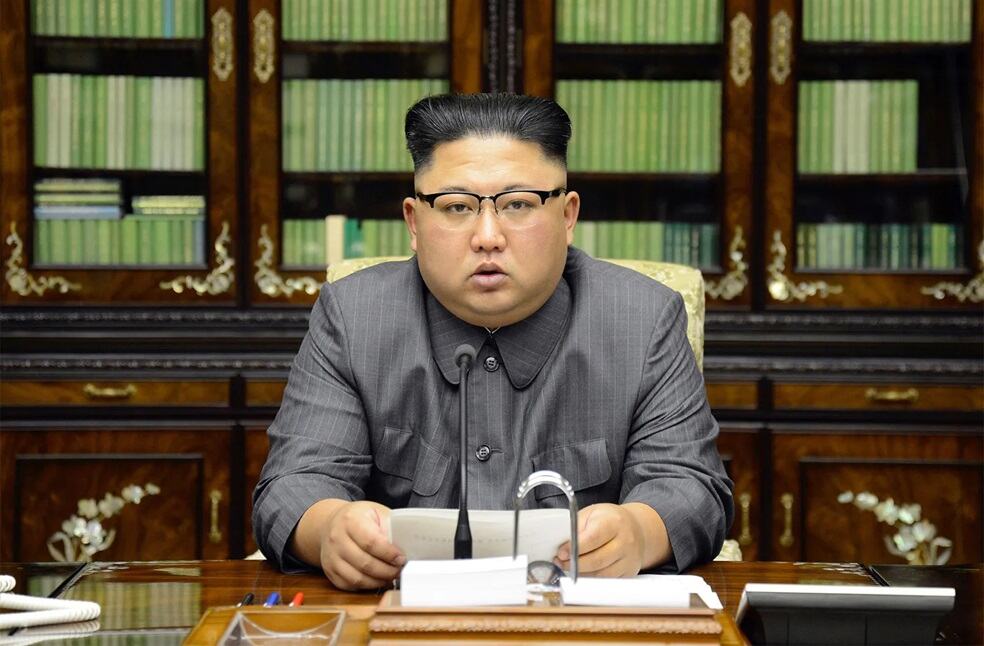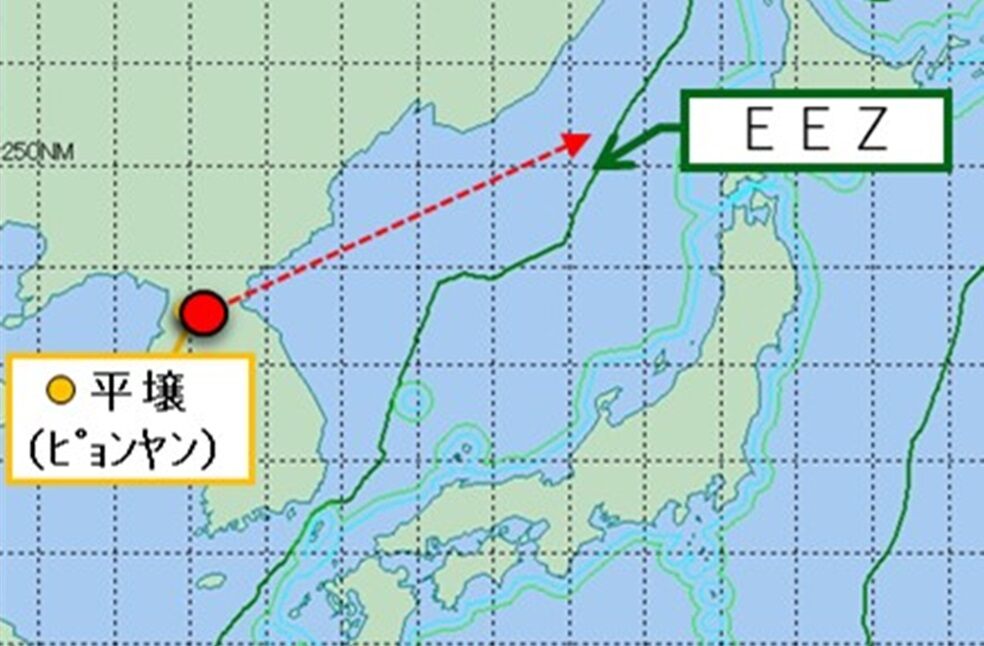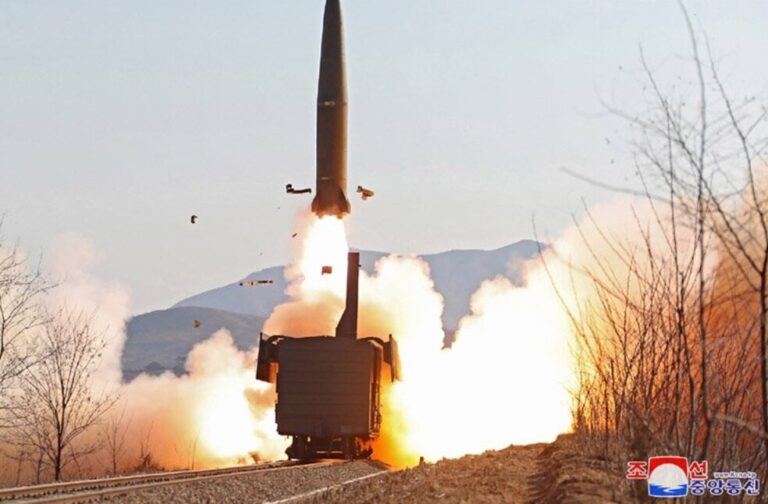Seoul: North Korea has conducted a test launch of a long-range missile today, reportedly capable of striking the US mainland. The strategic launch comes as part of a provocative display of military might amidst growing concerns over its troops’ involvement in the war in Ukraine.
US officials indicated that the launch was likely an Intercontinental Ballistic Missile (ICBM), although details on their assessment remain undisclosed. Japanese Defence Minister, Gen Nakatani, reported that the missile achieved a record altitude of over 7,000 kilometres (approximately 4,350 miles) and travelled for an unprecedented one hour and 26 minutes.
North Korean leader Kim Jong-un described the missile test as “appropriate military action,” claiming that the US and its allies have heightened tensions in the region and posed a security threat to North Korea.

In response to the test, South Korea’s military announced that the US is preparing to deploy “strategic assets,” which typically refer to conventional and nuclear capabilities. Additionally, South Korea’s government implemented new export controls on materials critical for producing solid-fuel missiles, which are more advanced than those powered by liquid fuel. The controls will target 15 key items that North Korea struggles to manufacture, including fuselages and combustion tubes.
Japanese defence ministry confirmed that the missile fell into the sea outside Japan’s exclusive economic zone at approximately 8:36 AM, local time.
The missile was launched from a site near Pyongyang at 7:10 AM, landing about 300 kilometres west of Hokkaido’s Okushiri Island. Fortunately, there were no reports of damage or casualties.
If confirmed, this launch would mark North Korea’s first ICBM test since December 2023, when it launched the solid-fuelled Hwasong-18. Solid-fuel missiles offer strategic advantages, including easier transport and quicker launch capabilities compared to their liquid-fuelled counterparts.

The missile launch coincides with an important moment in US politics, as American voters prepare to elect a new president. Historically, North Korea has utilised missile tests and other provocations to draw international attention during critical electoral and anniversary periods in the US.
Kim Jong-un’s weapons programme has been further encouraged by the ongoing war in Ukraine, with estimates suggesting that around 10,000 North Korean troops have been dispatched to Russia for potential deployment in Ukraine.
In response to North Korea’s military actions, defence chiefs in the US and South Korea have urged the regime to withdraw its troops from Russia.



